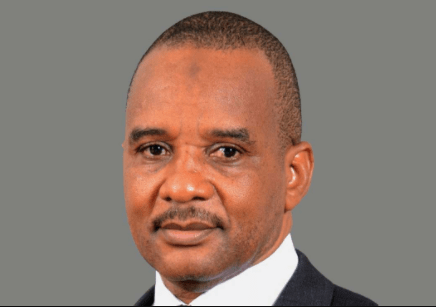
Director General, Nigerian Maritime Administration and Safety Agency (NIMASA), Bashir Jamoh, has said that the agency is working towards deploying fishing trawlers to remove waste from the oceans as part of efforts towards ridding the oceans of marine litters that could cause environmental degradation and impede safety of navigation on the nation’s territorial waters.
Jamoh, who disclosed this while fielding questions from journalists on the sidelines of the 2020 World Maritime Day in Lagos last week, said NIMASA remains committed to the sustainability of the marine environment.
He said the agency is also engaged in efforts to sensitize the public and communities on the dangers of environmental pollution.
“Most of the pollution you see on our waters, most especially marine litter, comes from the hinterland. It is from there that it drives into our own waters. We are now conducting research in the areas where we have the occurrence of this pollution.
“We are thinking of bringing in ships like fishing trawlers that will come with their own net and instead of the net taking in fish; it will be taking the marine litters. We are also going on sensitization and also working hand in hand with the international maritime organization to give additional technical assistance so that we can sustain the tempo on this issue,” he said.
On NIMASA’s effort at getting rid of greenhouse gas emission on ships, Jamoh said the agency has developed an action plan just as it is working with the Nigerian National Petroleum Corporation (NNPC) to monitor the situation.
“We are working hard with NNPC to ensure that this gas emission is being addressed. We have prepared our own action plan. I don’t want to pre-empt what the action plan will look like but very soon we will invite you for the action plan, the timelines, the deliverables and the KPIs,” he said.
On the cost implication this might pose to ship owners, Jamoh said, “Generally, it is not going to be cheap but the government will give a helping hand as well as the stakeholders and when the need arises, we will introduce the Public Private Partnership (PPP) arrangement to cushion the effect.
“We are working on fiscal incentives in terms of policy from government t and monetary incentives. All these incentives and policies will be able to address these challenges. This is the international maritime policy and so we must be up and doing in line with the international communities.”